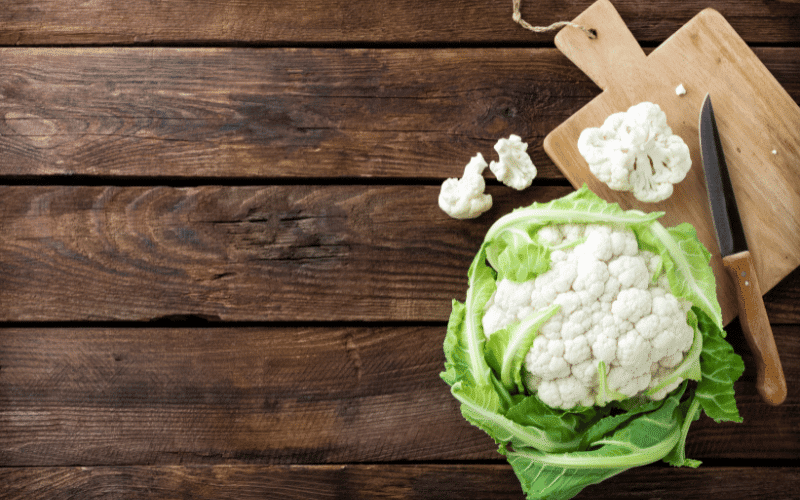Introduction: The Impact of Diet on Kidney Health
The role of a well-balanced diet in managing kidney failure cannot be overstated. When your kidneys are not functioning optimally, it’s crucial to pay extra attention to your food choices. In this article, we’ll explore 15 vital foods for kidney failure, focusing on their nutritional properties and benefits. We’ll also outline a kidney failure diet plan that can help you manage your condition effectively. Our goal is to provide you with a comprehensive resource that you can use to make informed decisions about your dietary habits.
Kidney failure, also known as end-stage renal disease (ESRD), is a severe condition in which the kidneys lose their ability to filter waste and excess fluids from the blood. This can lead to a dangerous buildup of toxins, causing a wide range of symptoms and health complications. Proper nutrition plays a significant role in managing kidney failure and slowing its progression, as well as alleviating some of the symptoms and side effects of treatment.
A kidney-friendly diet focuses on limiting certain nutrients, such as sodium, potassium, and phosphorus, which can accumulate in the bloodstream and cause further harm to the kidneys. Furthermore, it’s essential to consume adequate amounts of high-quality protein, vitamins, and minerals to support overall health and well-being.
With that said, let’s dive into the world of kidney-friendly eating and explore 15 foods that can help you maintain your kidney health.
1. Cauliflower: A Nutrient Powerhouse for Kidney Health

Cauliflower is a cruciferous vegetable that is packed with essential nutrients and health-promoting compounds. It is low in calories and carbohydrates, making it an excellent food choice for people with kidney disease who need to monitor their nutrient intake carefully.
One of the most significant benefits of cauliflower is its high content of vitamin C. This nutrient is essential for the proper functioning of the kidneys, as it helps to prevent the formation of kidney stones and reduce inflammation in the kidney tissues. Vitamin C also plays a vital role in boosting the immune system, which is essential for people with kidney disease who are at higher risk of infections.
Another important nutrient found in cauliflower is folate, which is critical for the development and maintenance of healthy cells in the body. Folate deficiency has been linked to an increased risk of chronic kidney disease, and studies have shown that increasing folate intake through dietary sources like cauliflower can improve kidney function.
Cauliflower is also a rich source of fiber, which is essential for maintaining a healthy digestive system. Fiber helps to regulate blood sugar levels, lower cholesterol, and reduce inflammation in the body, all of which are crucial for people with kidney disease.
Additionally, cauliflower contains antioxidants like beta-carotene and quercetin, which help to protect the kidneys from damage caused by free radicals. These compounds also have anti-inflammatory properties, which can help to reduce inflammation in the kidneys and prevent the development of kidney disease.
One of the best ways to incorporate cauliflower into your diet is by roasting it in the oven. Roasting cauliflower brings out its natural sweetness and enhances its flavor, making it a delicious and healthy side dish. You can also use cauliflower to make a variety of other kidney-friendly dishes, such as cauliflower rice, cauliflower mash, or cauliflower pizza crust.
In addition to its nutrient-dense profile, cauliflower is also a versatile ingredient that can be used in various dishes, from stir-fries to soups and even as a rice substitute. It’s a fantastic way to add variety and flavor to your kidney-friendly diet while reaping the benefits of this powerful vegetable. (1)